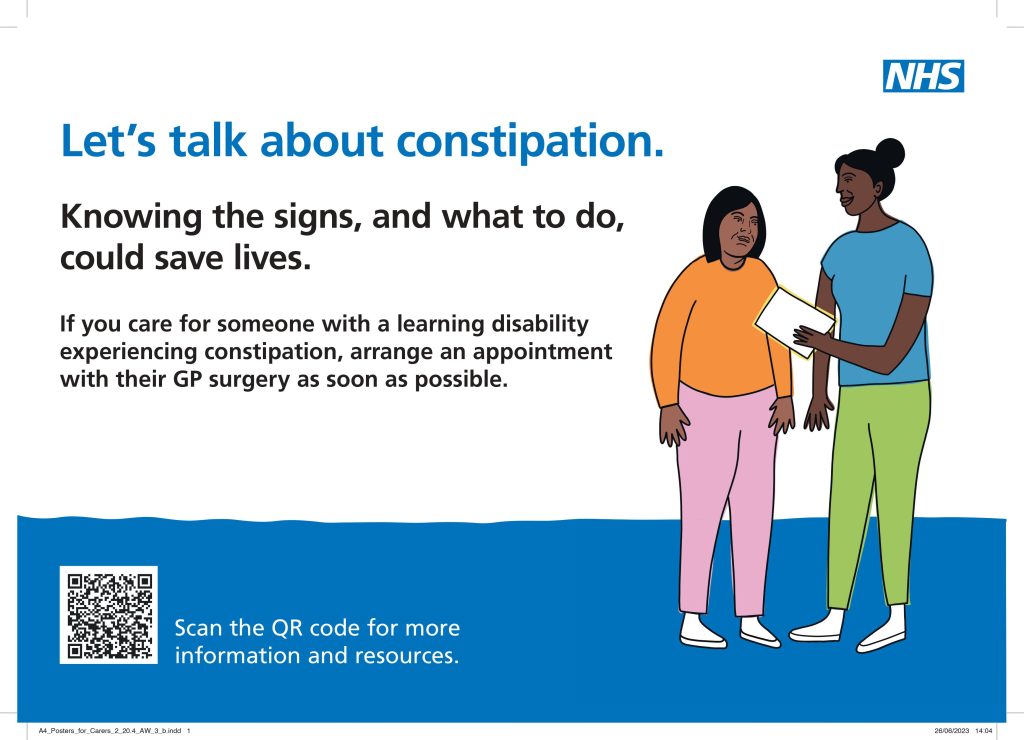
Too ill for school?
The Royal College of GP have co-signed a letter from the Chief Medical Officer aimed at supporting GPs having conversations with families about school attendance and mild illness.
Information from the NHS is available for parents to support their decision making whether their child is too poorly to go to school or nursery.
Swallowing Pills
Most medicines are in pill form, therefore swallowing pills is an important life skill for children to learn.
The paediatric team at University Hospital Dorset have launched ‘KidzMeds Pill School‘; a fun and innovative way of teaching children over 5 how to swallow tablets and capsules rather than using liquid medicines.
The Newcastle upon Tyne Hospital Trust has developed ‘Today we are learning how to swallow pills‘ sheet.
Constipation
NHS England have produced a toolkit for GP practices about constipation. As well as a poster, there is a factsheet– Let’s Talk about Constipation

Visit to Hospital-Children
Going to Hospital– easy read guide using Widgit symbols for hospital admissions.
My Care Passport– a document all about the patient written by the patient or by someone who knows them well to aid the hospital staff during the patients stay. Passport includes information about any medication they take, their likes/dislikes, key professionals involved and any allergies. Photo of patient can be added to passport.
Communication/PECS Cards– useful picture cards to support the child to effectively communicate their needs and wishes with people during their hospital visit. Visuals include drinks, emotions, food, personal care and hospital staff roles.
Ted has a blood test– a social story by Poole Hospital NHS Foundation Trust explaining what happens when children go for a blood test using Ted the Teddy.
MRI Scanning for Kids– short animated video informing children what to expect before and after an MRI.
A Little Deep Sleep – a Family Guide to Anaesthetics – an animated video explaining the process from entering the hospital, meeting people who will prepare the child for the operation, the Anaesthetic Room, having the anaesthetic by canula or mask, while the child is asleep, the Recovery Room, waking up, back in the ward, check-ups and finally going home!
Reasonable adjustments in healthcare– 5 page factsheet with visuals from the Down’s Syndrome Association. ‘Reasonable adjustments’ can make a huge difference for people who have Down’s Syndrome who need to go to hospital or visit the GP.
Visit to GP or Hospital-Adults
What to do if you are poorly or worried – easy read 2 page document mentioning GP, 111, 999 and hospital admission.
Questions to ask when you go to the Doctor or to a Hospital– easy read 12 page guide.
Dorset County Council Virtual Tour– Dorset County Hospital has launched its virtual tour series ‘coming into hospital’ for people with a learning disability. It is hoped that the films will help reduce anxiety for people and help them prepare for any hospital visit, helping make their experience a little better.
